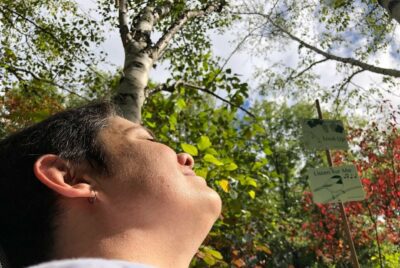RESEARCH
Nature-Based Interventions for Autistic Children: A Systematic Review and Meta-Analysis
Summary
This systematic review and meta-analysis examined the effectiveness of nature-based interventions (NBIs) for children with autism spectrum disorder (ASD). The review included 24 studies, utilizing methods such as randomized controlled trials, quasi-experimental studies, and single-group before-and-after designs to assess the impact of NBIs on health-related outcomes. Activities varied but generally involved structured, nature-based experiences in outdoor green or blue spaces.
The analysis of these studies indicated that NBIs were associated with significant short-term improvements in sensory, social, and behavioural functioning among children with ASD. Specifically, NBIs showed a moderate association with improved social communication, reduced hyperactivity and irritability, and enhanced sensory processing, including improved inattention and distractibility, sensory seeking, and sensory sensitivity. These findings suggest that NBIs, particularly group-based recreational therapy with experiential learning, can be a beneficial approach for improving specific functional outcomes in children with ASD







